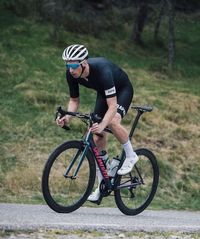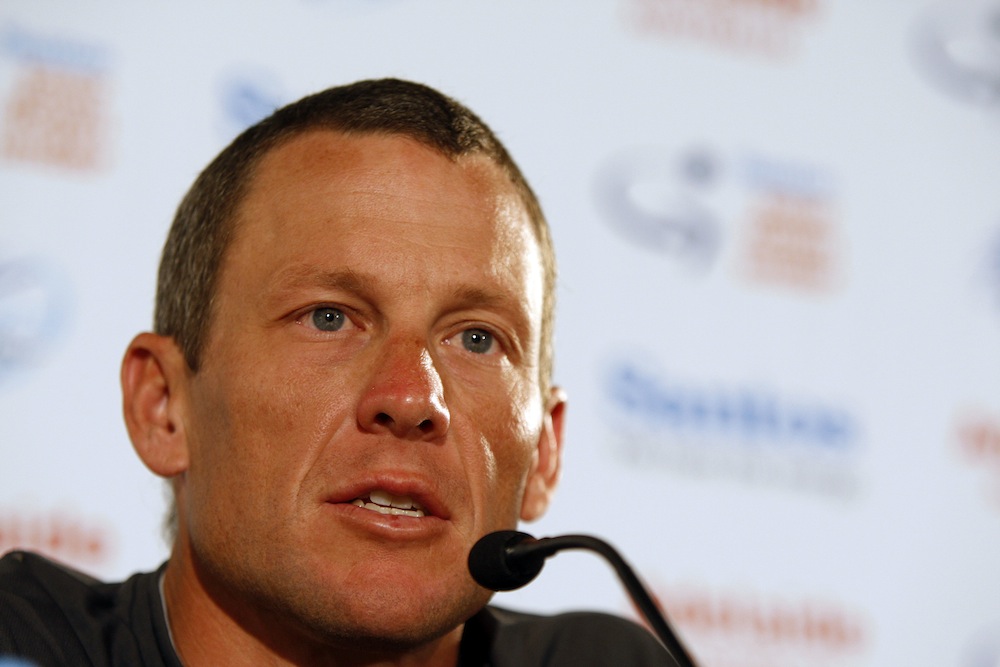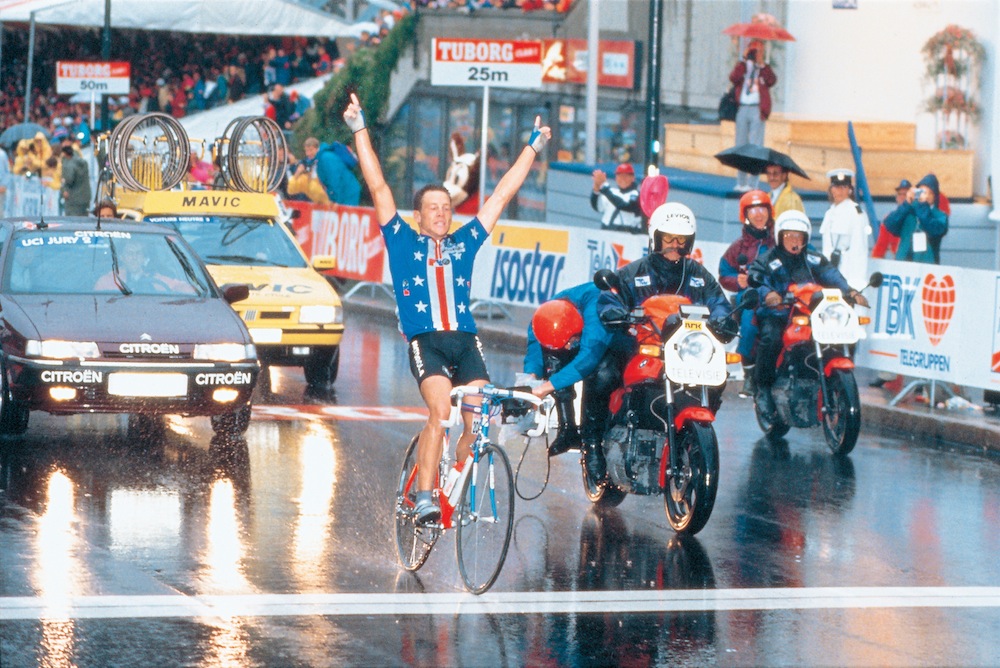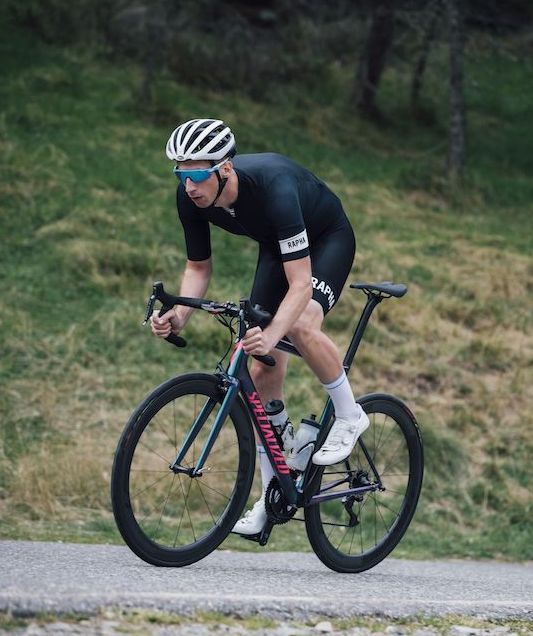Lance Armstrong's deposition testimony revealed
US government seeks more time to question Armstrong after interruptions from his lawyers and his insufficient responses


Lance Armstrong
Transcript from Lance Armstrong's testimony in the long-running $100m civil lawsuit against him has been revealed for the first time, after the US government requested more time to question the disgraced cyclist after claiming he answered questions insufficiently and "repeated and improper interruptions" from his lawyers.
As part of the government's case to the federal judge to gain more time to quiz Armstrong, selected excerpts from his first deposition in July were made public, including questions on when exactly the American began doping.
>>> Lance Armstrong: It’s my fault Chris Froome has to deal with doping questions
“More than once during the first seven hours of his deposition, Armstrong sought to minimise or explain away his most incriminating prior statements,” USA Today reports the court documents as stating.
“The transcript from the first seven hours of Armstrong’s deposition in this case will show that the government proceeded as expeditiously as possible to discover Armstrong’s explanations for his many relevant prior statements. However, the government was not able to discover Armstrong’s explanations for many additional relevant prior statements.”
Asked whether the former US Postal rider would be writing a book about his life story, Armstrong answered ambiguously, and was one of the responses used by the government to exemplify why they needed more time.
“I’m not. I mean, I am, but I’m not…" Armstrong answered. "I mean I’m writing one right now. I mean, how can you not include this content in a book?"
The latest race content, interviews, features, reviews and expert buying guides, direct to your inbox!

The 43-year-old, who still holds his 1993 road world championship win, was also questioned on the first time he used performance enhancing drugs, to which Armstrong replied: "Most likely 1993...I’m not crystal clear on what I did 22 years ago, but to the best of my knowledge, that’s as close as I can pinpoint it.”
Armstrong, who had his seven Tour de France titles stripped from him in 2012, claimed that the drug he used at that time was the protein Synacthen, which helps increase production of corticosteroid hormones in the body.
At one point in the transcript the Texan's lawyer Elliot Peters told his client not to answer because he was being "harrassed" by a question about fees he received for speaking at events, but later u-turned and allowed Armstrong to answer.
When things got heated between the two sets of legal representatives, Armstrong is noted as saying: “Can’t we all just get along?”
Armstrong also continued to stand-by his notion that he never tested positive in a doping control, although says "this was semantics".
“To me it means what it means, that I had never been positive," Armstrong said. "Whether there was – to me, TUEs don’t fall under that. Suspicious samples that may or may not have been announced don’t fall under that. Even the cortisone incident or the episode in 1999 didn’t fall under that, because technically that wasn’t a positive sense.”
He was also questioned on his sponsors and their use of his false story of being a clean rider, with Armstrong saying that "Nike does a very good job of using every athlete’s story.”
“Yeah. Trek did, Nike did. Giro did. Oakley did,” he said when asked who wanted to use his story, adding that the US Postal service also wanted to capitalise on it.
Armstrong's former teammate Floyd Landis, who originally filed the case as a whistleblower in 2010, is also seeking more time for his lawyers to question him.
Meanwhile earlier this week the government requested the Indiana School of Medicine to hand over Armstrong's medical records from his cancer treatment in 1996 to determine whether doctors knew of his doping.
Follow on Twitter: @richwindy
Richard is digital editor of Cycling Weekly. Joining the team in 2013, Richard became editor of the website in 2014 and coordinates site content and strategy, leading the news team in coverage of the world's biggest races and working with the tech editor to deliver comprehensive buying guides, reviews, and the latest product news.
An occasional racer, Richard spends most of his time preparing for long-distance touring rides these days, or getting out to the Surrey Hills on the weekend on his Specialized Tarmac SL6 (with an obligatory pub stop of course).
